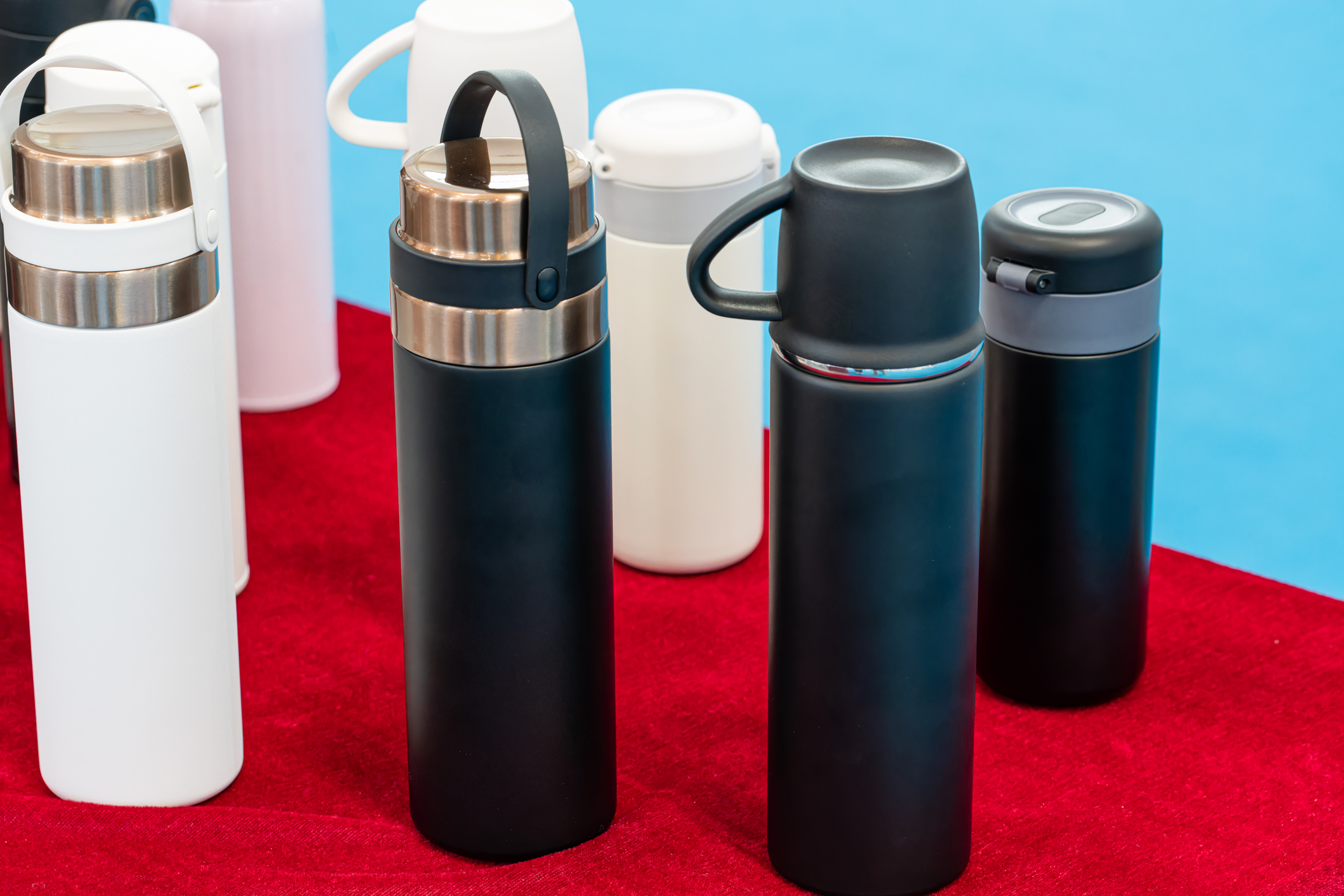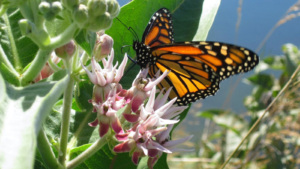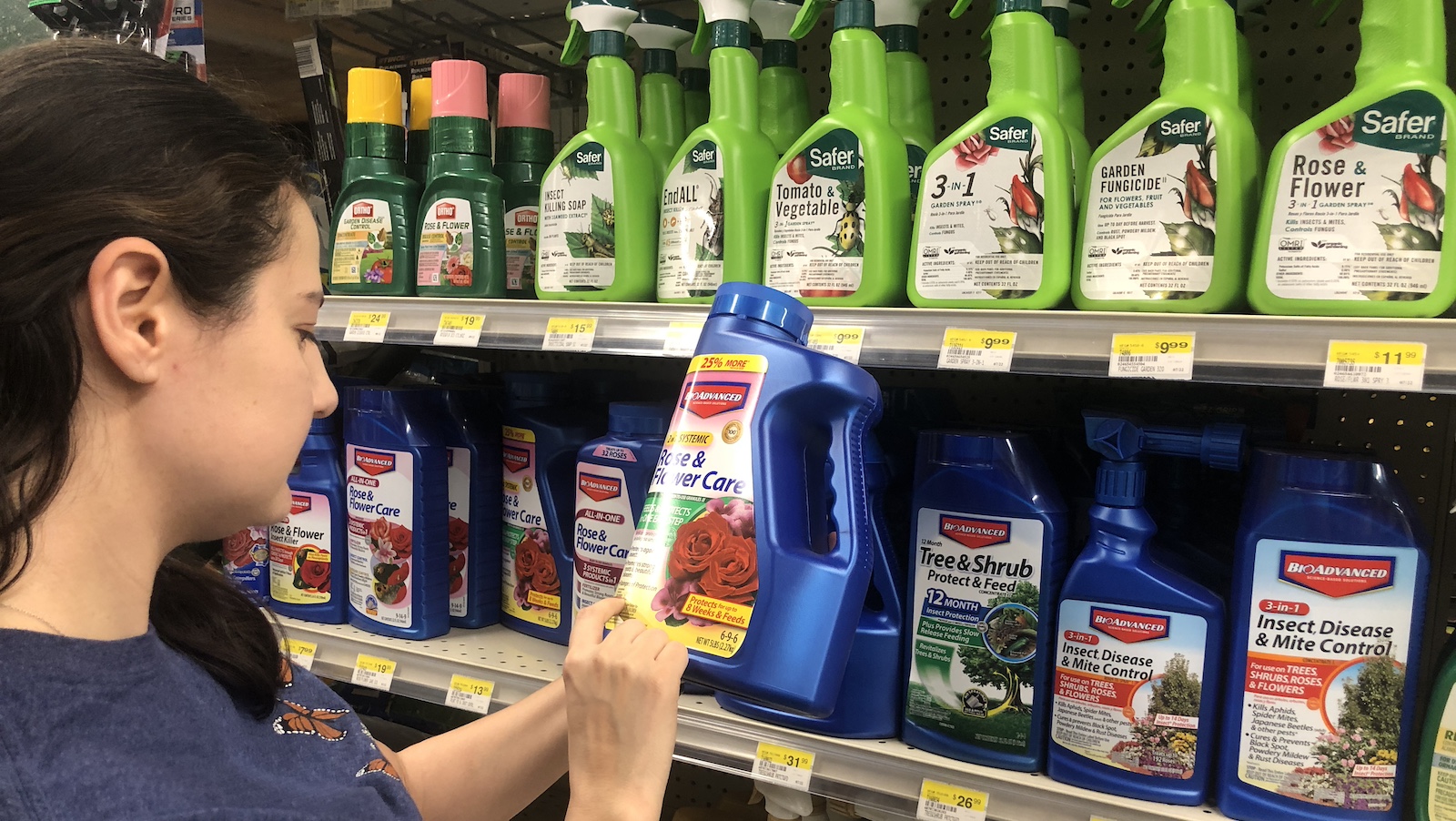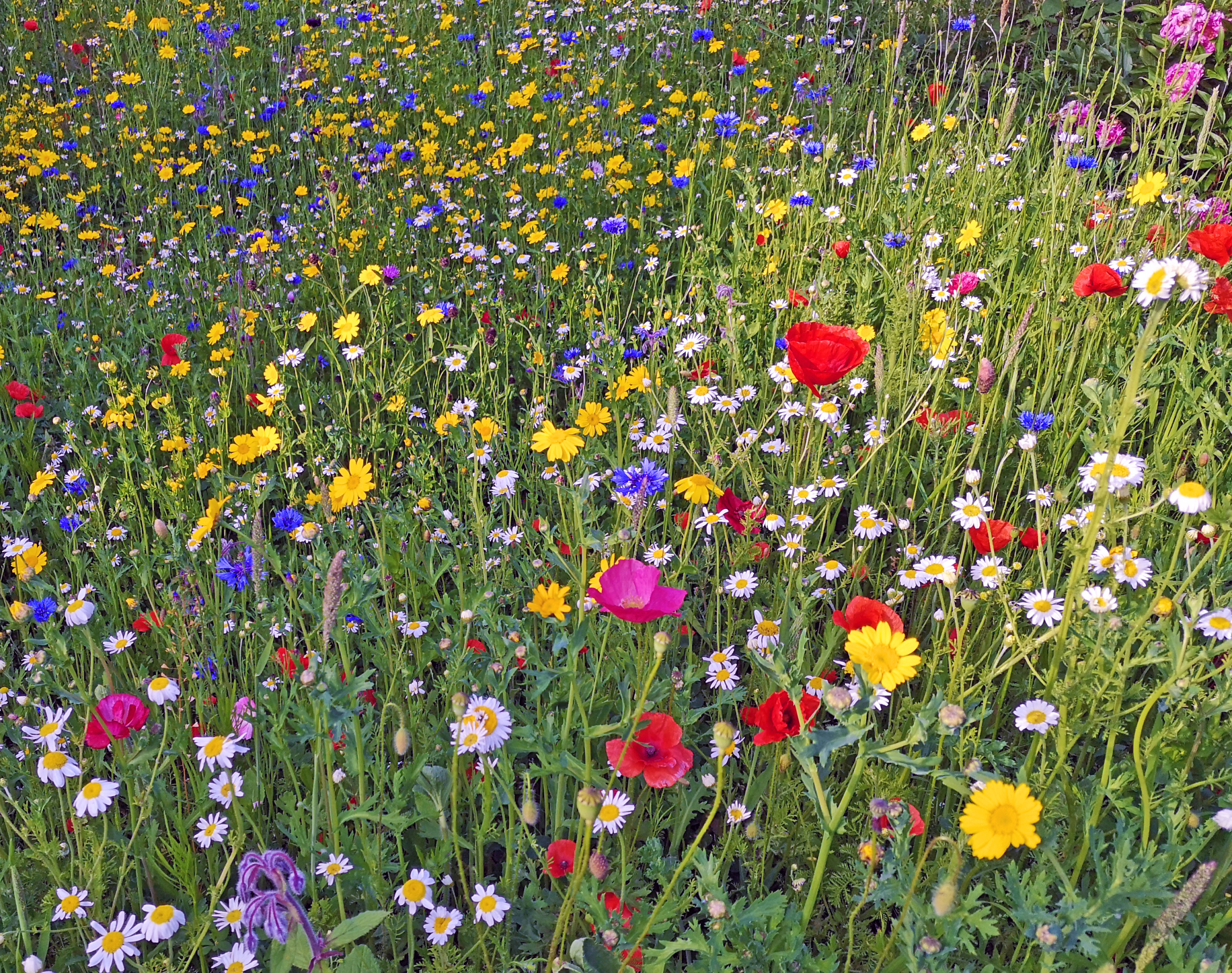
Environmental Gift Guide
This gift guide has six ideas for things to give that help the planet and don't fill our homes with more "stuff."

Whether it’s a birthday gift, anniversary, graduation or a gift-centered holiday like Christmas, we’ve all experienced the challenge of finding a gift that will be special and appreciated by the receiver. I’ve frantically googled things like “gift for 14 year old girl” or scrolled through a gift guide full of brightly colored plastic toys or items like candles marketed to parents embellished with cute phrases like “Mom’s last nerve.”
The challenge with gifts
Often gifts, while appreciated, are not the perfect fit for the recipient and the manufacture and delivery has effects on the planet that you and they might rather avoid.
- If the item is made of plastic or wood that isn’t reclaimed or recycled, that means it came from oil drilling (plastics are made from oil) or logging.
- The manufacture likely involved nonrenewable energy and the transportation of the item likely involved fossil fuels.
- And even if it was made in a solar-powered workshop and delivered by bike delivery, the item now lives in your friend or family’s home from which it will someday be disposed of – by donating, recycling, composting or throwing it in the trash.
This is a different kind of gift guide. If you haven’t found the perfect gift, consider these alternatives that place less burden on our planets, keep clutter out of our homes and landfills and help people appreciate the planet that we live on.
1. Annual park pass
Depending on where you live, you may be able to choose between a state and national parks pass. Some states have annual passes that let you into all parks and some individual state and national parks have annual passes for a single park. The America the Beautiful Pass costs $80 annually and grants entrance to national parks, national forests, national grasslands and to lands managed by the Bureau of Land Management, Bureau of Reclamation and U.S. Army Corps of Engineers. When you have a pass, it’s easier to decide to spend the day or even the afternoon at a park.
Most of these passes will “pay for themselves” after 3-5 trips to a park.

Photo by Famartin via Wikimedia | CC-BY-SA-4.0
2. Milkweed and other pollinator friendly local plants or seeds.
You don’t need a full garden of high-maintenance flowers to help bees and butterflies so your gift recipient doesn’t have to be a gardener. You can grow pollinator-friendly milkweed and other plants in containers on your porch or balcony. Head over to your local garden center and talk to an expert there about which plants are best for your local pollinators. You can buy seeds or seedlings already in pots.

A monarch butterfly lands on milkweedPhoto by U.S. Fish and Wildlife Service | Public Domain
3. Reusable food containers.
Tread carefully – the collection crazes that result in people having dozens of water bottles is not great for the planet. But there are other reusable containers and bags that can make good one-time gifts and go a long way toward reducing waste. Consider:
- Reusable mesh bags for vegetables at the grocery store. You may want to separate your potatoes from the rest of the groceries in your bag. Bringing 3-5 mesh bags with you to the grocery store can help you avoid those thin plastic produce bags.
- A bento box style lunch box – you can find these made of steel and other materials – to make it easier to bring snacks to work, school or on a road trip.
- A set of glass food storage containers that work for the freezer and microwave, and have lids that will stay in place in a backpack or a purse.
4. A membership to a CSA (Community Supported Agriculture)
Many farms are participating in or running their own CSA, essentially a season-long subscription for a weekly box of vegetables. These are usually grown locally and delivered to a nearby pick-up spot or sometimes to your door. There are many models, prices and sizes of vegetable boxes. Some will include local fruits as well as vegetables. The most common season for a CSA subscription is summer into fall but there are also winter and spring subscriptions.
5. A local transit pass
A local transit pass for a month or a year can make a big difference. The ability to navigate the local transit system for free for a month or more can be a big convenience for people who don’t have a car, share a car with a family member or would rather save money on parking, gas and repairs. Riding transit has a lower environmental impact than individual car rides, even car rides in EVs.
In many cities, youth under the age of 18 are able to ride for free, so do your research before making this gift to a teenager.

Passengers board RTD trainPhoto by RTD | Used by permission
6. A bicycle, bicycle repair kit or gift card to a bike repair class or bike repair shop.
Biking is good exercise, inexpensive and good for the planet – no parking costs, no emissions and good low-impact cardio exercise. If your gift recipient lives in a place with good biking infrastructure, a bike might make a great gift, especially if you can find others to o contribute to the gift. If the recipient already has a bike, consider a bike repair kit (or adding spare tubes, a new hand pump, or a set of allen wrenches/hex keys to their existing one) or a gift card to a class where they can learn about bike repair. If they’re not a “fix it” type, you could give a gift card to their favorite bike repair shop – every bicycle needs a tune-up periodically.
Do you have ideas for things that can be included in this Environmental Gift Guide? Send us an email with your suggestions!
Topics
Find Out More


How to avoid bee-killing pesticides

With green roofs, how tall is too tall to help bees?

